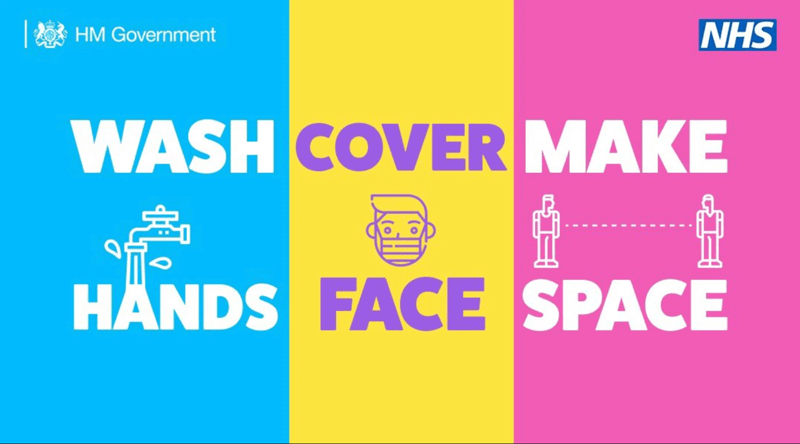Coronavirus Information

Latest communication
IF YOUR CHILD DEVELOPS SYMPTOMS:
3 main symptoms include – a new continuous cough, loss of taste/smell, high temperature.
https://www.nhs.uk/conditions/coronavirus-covid-19/symptoms/
If your child or a household member develops any of these symptoms you must not come to school. Please contact 119 for a test and self-isolate.
https://www.gov.uk/get-coronavirus-test
There are more and more reports emerging about the symptoms children may exhibit which aren’t one of the most common. If you are in any doubt, PLEASE DO NOT SEND YOUR CHILD TO SCHOOL AND SEEK MEDICAL ADVICE. This is to protect all children and the staff at school.
We have been asked by the School Nurse team to pass on the contact number to all parents regarding support that Uttlesford District Council is offering regarding food order collection & delivery – prescription collection & delivery and a telephone befriending / buddying service. Families can phone 03333 408218.
Should you need to contact the School Nurse team for any other reason the number to call is 0300 247 0122.
Key documents
Please find documents below which may be of use to you
Remote Education Provision – information for parents – January 2021
Remote education provision information for parents January 2021
COVID-19 Catch-up Premium Plan
COVID-19 Catch up Plan 2020-2021
Child-friendly explanation of Coronavirus
Child Friendly Explanation of Coronavirus.pdf.pdf.pdf
Staying safe online
The breadth of issues within online safety is considerable. It can be categorised into three main areas of risk:
- Content – exposure to illegal, inappropriate or harmful material. For example, pornography, fake news, racist or radical and extremist views;
- Contact – subjection to harmful online interaction with other users. For example, commercial advertising and adults posing as children or young adults;
- Conduct – personal online behaviour that increases the likelihood of, or causes, harm. For example, making, sending and receiving explicit images, or online bullying.
It is important for parents to be vigilant about their child’s online activity and to inform the school of any concerns they may have about their child in this respect. Take a look at some of the resources and websites below which have educational information about staying safe online.
- CEOP (Child Exploitation and Online Protection)
- Childnet
- Internet Matters
- Net Aware
- NSPCC
- Parent Info
List of Online Safety Resources 01.04.2020
Stebbing Primary Online Learning Code of Conduct